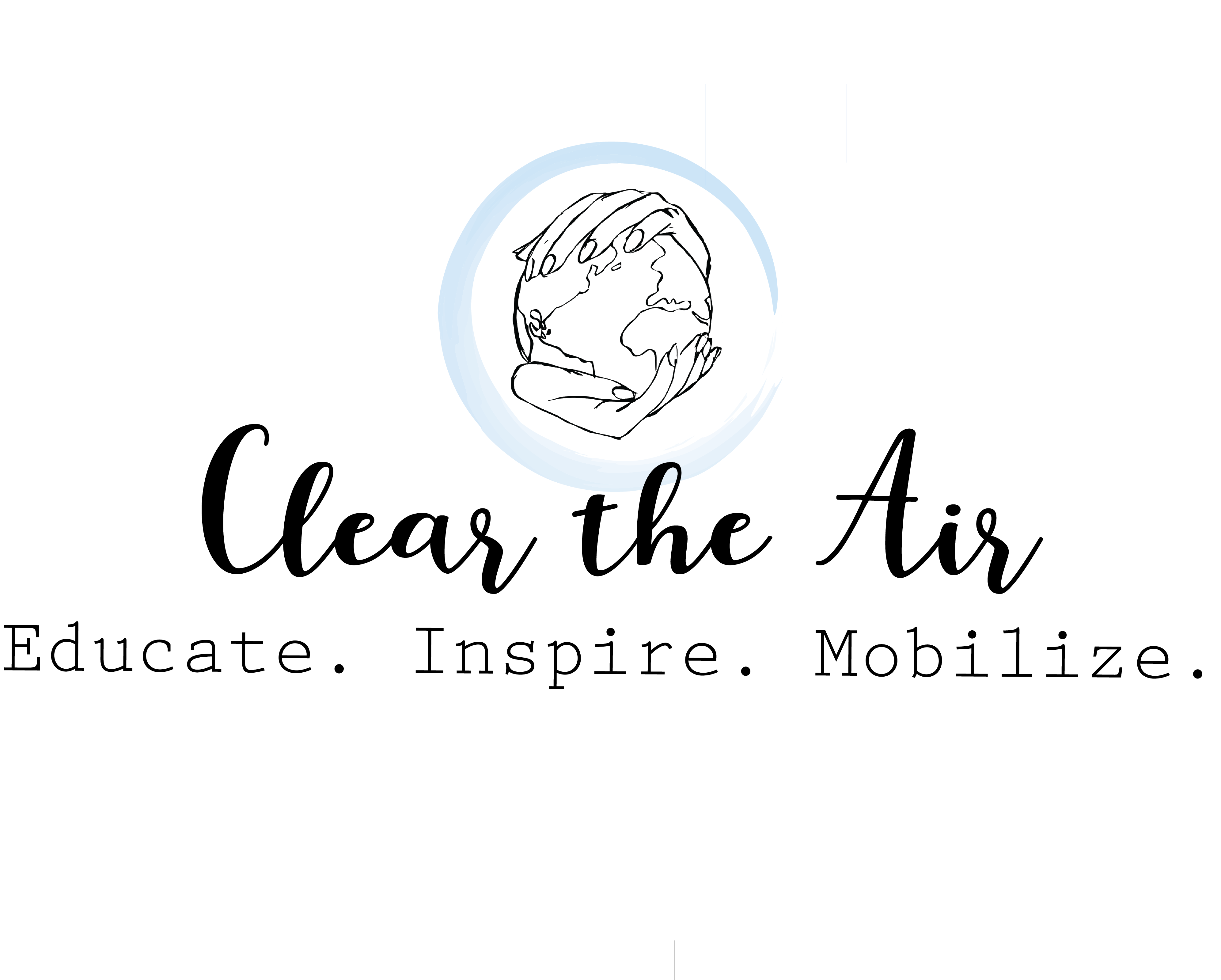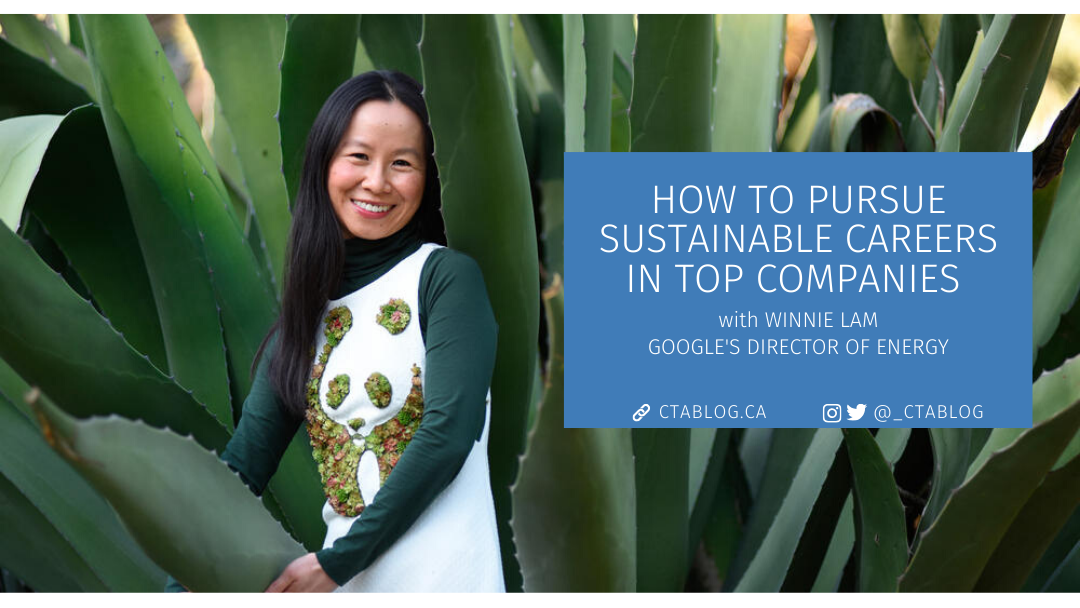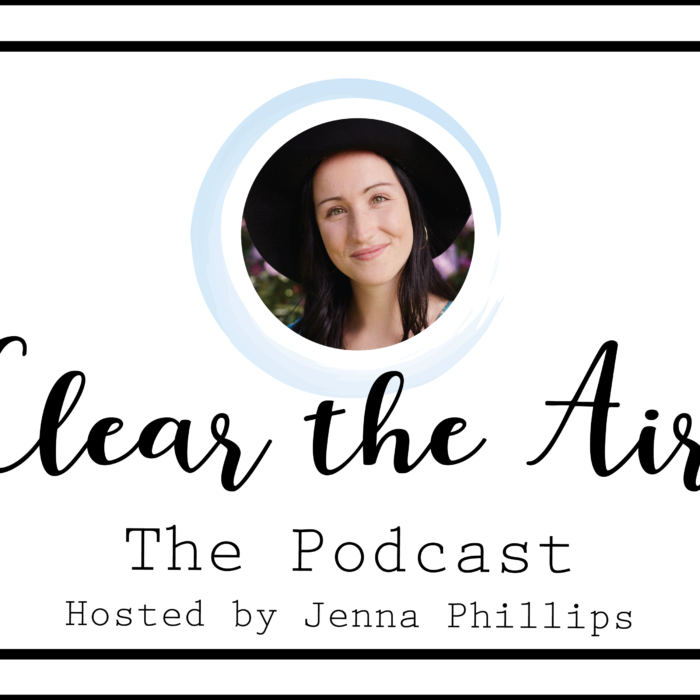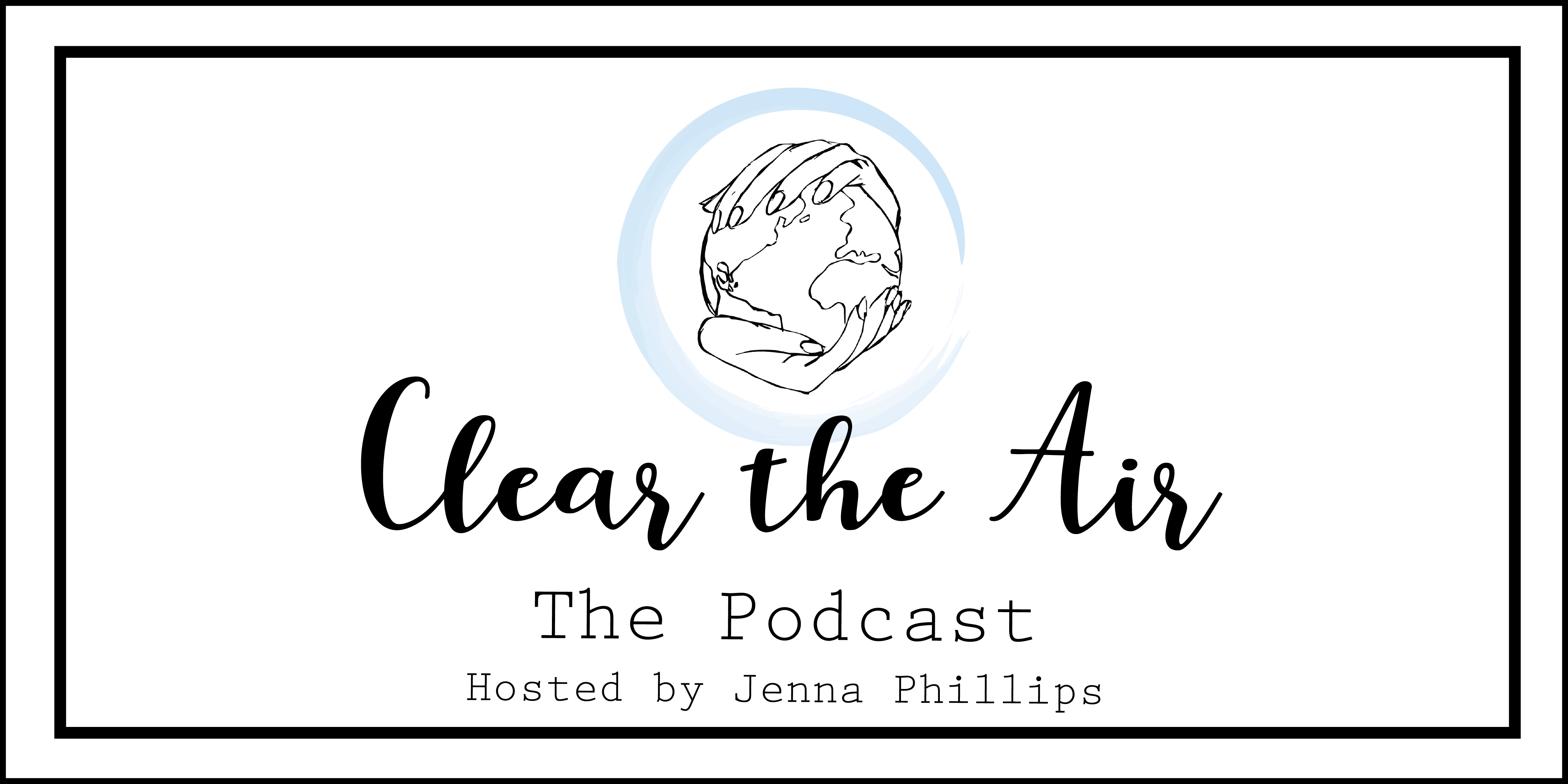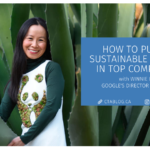Do you aspire to someday work for one of the world’s top companies (Google, Walmart, Apple) or non-profits (World Wildlife Fund, the United Nations), but have no clue where to start? Do your passions for sustainability coincide with these dreams of working for a global organization, but you can’t figure out how they can possibly coincide? If you said yes to either of these, today I bring you a story that will answer your questions. In this interview with Winnie Lam, learn how to pursue sustainable careers with top companies from Google’s Director of Energy, sustainability lead, and member World Wildlife Fund’s National Council.
Winnie started out just like the rest of us: a student with a passion for change. Through hard work, skill development and an opportunist mindset, Winnie has become an admirable leader in the realm of sustainability, helping some of the world’s largest companies operate more eco-consciously. In this interview, Winnie discusses how she designed the career she has now and what critical steps youth need to take to make a change.
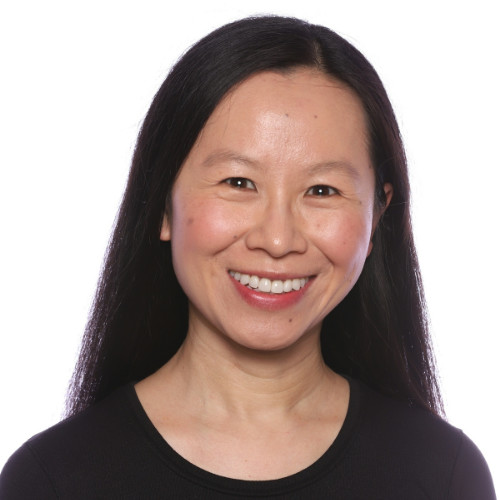
Tell us a bit about yourself!
“I graduated from Systems Design Engineering at the University of Waterloo, and have been working at Google for 15 years. I have always had a passion for sustainability. I had been doing side projects to optimize the energy produced by Google’s solar panels, and benchmark the energy efficiency across Google’s office buildings. In 2013, I decided to go all in. Rather than doing side projects, I decided to pursue a career in sustainability full time. It’s been very fulfilling since.”
Coming from an engineering background, how did you first get involved in sustainability?
Back in 2008, I was working in Google’s Ads team, which didn’t have much to do with sustainability. I wanted to roll up my sleeves and do something related to sustainability. I learned that Google had recently become the largest installer of solar panels in corporate America. I contacted Google’s Real Estate team, and asked if there was anything I could do to help with the solar panels. They wanted help with data analytics. My goal was to optimize the solar energy generated by the 1.7MW of solar panels across dozens of Google’s office buildings. I analyzed the solar panels’ tilt, building locations, solar radiation by time of year, and many other factors. After analyzing all this data, we identified a method to double the solar energy output for some buildings.
Turns out that there were a few buildings directly located across from a dirt field and it had not rained for months, so the solar panels were very dirty. We power washed them, and the solar energy output doubled overnight. While it seems obvious now, washing solar panels was not a commonly adopted practice. I published this finding in Google’s blog, so that everyone else can benefit from our analysis.
When people think of WWF, they typically don't relate it directly to engineering. How did you find yourself working with WWF?
In 2012, there was a vast increase in the elephants being poached for their ivory. I learned about this issue from various wildlife conservation non-profits that I supported. I wanted to do something to help, and didn’t have to look far. Back at that time, when someone searched for “buy elephant ivory”, Google would mistakenly show ads and shopping results enabling people to buy ivory. This was against Google’s policy, but there were holes in enforcing that policy.
I recruited some friends as volunteers. With help from WWF on what to look for, we noted all the elephant ivory ads we found on a spreadsheet. I would then share that spreadsheet with my colleagues that did policy enforcement. They took down the ads promptly. That worked well for a while, but certainly was not a scalable approach. So I worked with the Engineering team to automate the removal of these ivory ads. It was not straightforward, because the algorithms needed to distinguish between elephant ivory ads from ivory colored shoes. Of course, the team figured it out and automated banning ivory ads.
After getting Google to ban elephant ivory ads, WWF and I decided that the robust solution we need is to get the entire tech industry to ban selling ivory on our tech platforms. We formed a coalition comprising of many major tech companies in the US and China, and then later in Europe and Africa, towards the common goal of banning the sale of endangered animal products on our websites.
You have worked organizations from the global to local scale to promote sustainability. Do you think one scale is more important or feasible to act at than another?
What advice can you give to someone interested in making change, but not sure which level they should work with?
Every organization delivers value to society in unique ways. A small local organization or startup may be more nimble to the needs of the region, whereas a big global organization has the potential to scale its impact more broadly. For someone early in their career, it may be beneficial to work for a company that is well respected in their industry. Some people claim that working at Google or McKinsey is like earning a degree from Stanford or Harvard, in terms of the boost in their career. I can see that.
For someone wanting to make change, my advice is to get your hands dirty and do anything, literally anything, to add value to that organization. I’ve used that approach at various points in my career. It has worked out well for me.
From your own experiences, what are some of the challenges with mobilizing people to take action, especially youth? Do you have any advice for overcoming these barriers?
There is no shortage in people who are passionate about doing something positive for climate change. Transforming that enthusiasm into meaningful impact is the challenging part. My advice is to come up with an effective strategy for how you will positively impact the world, and recruit people to join you.
For many co-op students today, it is a dream to get an internship opportunity with Google. Back in university, did you ever imagine that you’d be working for an organization as large as Google or the WWF?
Definitely not. I have always adopted an opportunistic mindset, to grab the best opportunity ahead of me and never look back.
Going through your degree and career, did you have a mentor/role model to guide or inspire you?
I have had lots of mentors throughout my career. I am not shy about asking for advice from people who are orders of magnitude more accomplished than I am. My mentors include CEO’s at various non profits, many of whom had illustrious careers in the private sector before going the non-profit route. Some of my mentors are very generous with offering me their guidance, because they see my potential in doing something good for the world. Other times, they mentor me because I can help them, through my Google connections. Other times, they are just genuinely kind people. I’m extremely grateful to my mentors, and make an effort to stay in touch with them.
IF YOU COULD GO BACK AND TELL HIGH-SCHOOL WINNIE ONE THING/LESSON RELATED TO YOUR LIFE EXPERIENCES, WHAT WOULD IT BE?
To succeed in the professional world, it takes a lot more than A+ grades and knowledge. People skills and emotional intelligence are critical leadership qualities.
What does sustainability mean to you?
Sustainability is such a broad term. For climate change, it means doing everything we can to limit further temperature increase to 1.5 degrees Celsius. For consumerism, it means not consuming more of the planet’s resources than can be replenished. For wildlife, it means protecting ecosystems around the world.
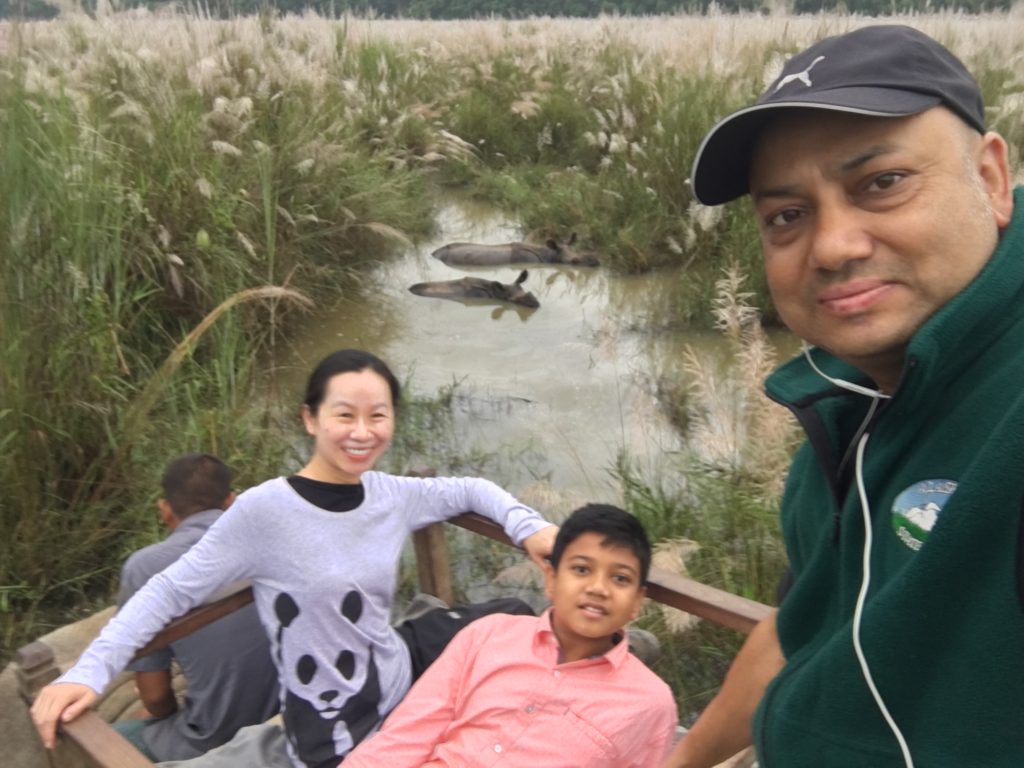
final thoughts
If this conversation could be summed up, the message would be this: there is always a role for youth in fostering change. Whether it be with a company, a non-profit, or your own start-up initiative, all it takes is the motivation to initiate something. If you truly want to work for a an organization, you need to initiate it. If you see an environmental problem within your community (litter, water pollution, deforestation…) take the initiative to launch a campaign against it. Also, always strive to learn. Your role as a student does not stop once you get your degree. Learn from coworkers, peers, family members; find a mentor in every new role you take on. Follow the journeys of people you admire and want to grow up to be like, and figure out what steps it took them to get there. The road to your ideal future may be a hard one, but it is possible. You just need to put the work in and believe in yourself.
To learn more about Winnie and her work, check out these resources and stories:
If you enjoyed learning about Winnie’s journey and her advice on how to pursue sustainable careers with top companies, check out these other helpful conversations that deal with skill-building, creating change and following your passions:
Have any questions for Winnie about how to pursue sustainable careers with top companies, or suggestions for other guests to have on the blog/podcast? Let me know in the comments.
Until next time.
